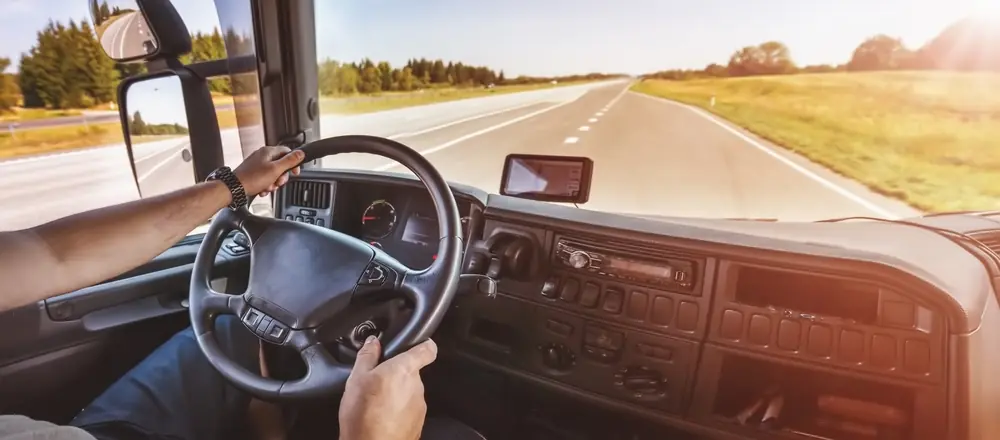

At Breckenridge, we see many transportation submissions. By far, the two most requested coverage lines are business and commercial auto. However, we know they are not created equal. The differences between business and commercial auto can help a client save a lot of premium dollars. Here is a quick dive into the basics and a few examples, and we finish with a story on savings.
Business auto policies (BAP) are a type of auto insurance and liability policy that covers all vehicles used by a business, whether owned by the business, leased, or owned by an employee. For example, an insurance agent uses their vehicle to meet with clients, but their primary role is insurance consultation. The important distinction is that the vehicle is used by the business, but the vehicle is not the business.
Commercial auto (CA) policies take vehicle use to the next level. Although there are many factors and nuances to the types of commercial risks, it is generally agreed that when you transport goods or people for a cost, you are required to carry commercial auto coverage. Trucking and bus companies are the most straightforward examples of companies needing commercial auto coverage. These companies are mandated to hold a minimum amount of liability in the interests of public safety.
The Breckenridge Insurance Transportation team, with its deep understanding of the various types of risks and exposures our agents encounter, is a reliable partner in placing business auto and commercial auto policies. For instance, we recently received a submission from one of our agents. The agent had a client who purchased a policy whereby the underwriter misclassified their three service vehicles. We found the misclassification and directed the agent to get the underwriter to correct the issue. The agent successfully lowered the client’s policy premium and didn’t have to engage in a lengthy marketing effort.
Are you looking to place transportation accounts?
If you routinely place transportation risks, please consider Breckenridge for your next submission. We have insurance carrier partners who specialize in providing solutions. In order to get your submission into the carriers and cleared quickly, please send the following information to moc.sikcerb@setouQTIB
Typical Insurance Carrier Requirements In Order to Quote
- Completed trucking supplemental application (ACORD apps are not acceptable for Auto Liability)
- Current drivers MVRS and Drivers list (with date of hire)
- DOT# and MC#
- Vehicle list- in Excel
- Loss runs – currently valued within 60 days
- IFTA’S – last 4 quarters
- Financials (for fleets)
Our team is here to help! Click here for more information and team contact details.
Commercial Auto vs. Business Auto was last modified: April 24th, 2024 by